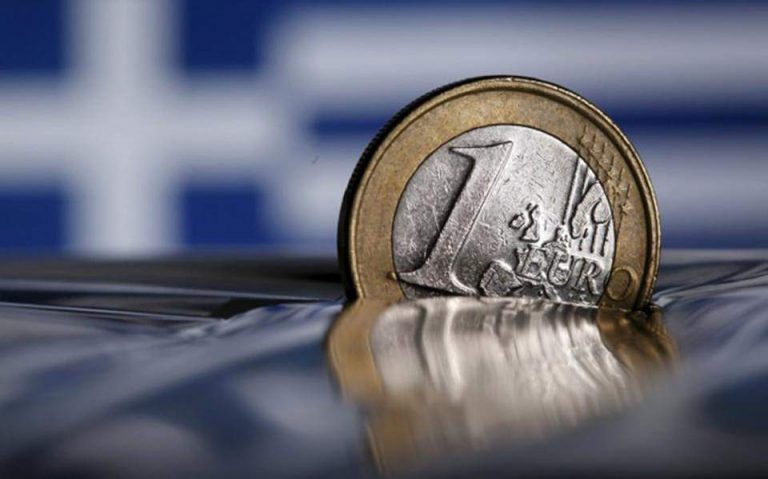
Greek households remain by far the most pessimistic in Europe, surpassing the next most pessimistic nations by a considerable margin, according to a report by IOBE, the Foundation for Economic and Industrial Research.
Specifically, while the EU Consumer Confidence Index sits at -11.2 points, its highest level since February 2002, in Greece it remains far lower, at -50.3 points (up from -51.3). Estonia (-35.3) and Slovenia (-27.6) follow Greece in terms of consumer pessimism.
Consumer confidence in the country edged up slightly in October, despite an overall downturn in the economic climate reported by IOBE.
The consumer confidence index reflects household expectations for the economy based on questions across a scale from -100 (absolute pessimism) to +100 (maximum optimism).
The uptick in consumer mood is attributed in part to the strong tourist season, which officially ended in September but has been extended in some areas due to favorable weather. However, persistent inflation is eroding consumer confidence as citizens worry about high prices.
Despite slight improvements, the economic outlook remains bleak for Greeks.
Over six in ten (65%) of households said that their financial situation worsened over the past year (down slightly from 67% in September), while only 2% saw improvement.
Most households expect their finances to worsen over the next 12 months, though pessimism has dipped slightly to 60% from 63%, while only 5% anticipate minor improvement.
Consumer pessimism remains high regarding the national economy, with 69% expecting further deterioration, compared to 18% who anticipate stability.
Consumers are cautious about major purchases (e.g., appliances, furniture) over the next year, with 58% planning to cut expenses (up from 56%), and only 4% intending to increase spending.
Fewer Greek households expect to save money, with 83% indicating they won’t be able to, up from 81%.
The unemployment outlook index fell slightly in October, from +25.2 in September to +23.3. The percentage of households expecting a rise in unemployment dropped to 41% (from 45%), with 12% forecasting a slight decrease.
While the inflation index eased slightly to +40.7 in October (down from +43.1), most households remain wary of rising prices, with roughly 65% expecting prices to increase at the same or a faster pace, with 14% (up from 11%) predicting price stability.
Source: tovima.com
Latest News

Mitsotakis Unveils €1 Billion Plan for Housing, Pensioners, Public investments
Greek Prime Minister Kyriakos Mitsotakis has announced a new set of economic support measures, worth 1 billion euros, aiming to provide financial relief to citizens.

Alter Ego Ventures Invests in Pioneering Gaming Company ‘Couch Heroes’
Alter Ego Ventures' participation in the share capital of Couch Heroes marks yet another investment by the Alter Ego Media Group in innovative companies with a focus on technology.

Corruption Still Plagues Greece’s Driving Tests
While traffic accidents continue to claim lives on Greek roads daily, irregularities and under-the-table dealings in the training and testing of new drivers remain disturbingly widespread

Pope Francis Died of Stroke and Heart Failure Vatican Confirms
As news of the official cause of death spread, tributes poured in from across the globe. The 1.4 billion-member Catholic Church is united in grief, remembering a pope who championed inclusion, justice, and compassion

Increase in Both Museum Visits, Revenues for 2024
As expected, the Acropolis was the top archeological site in the country, followed by Sounion, Mycenae, the ancient theater of Epidaurus, and Vergina in northern Greece

Where Greece’s Tourists Come From: A Look at 2025’s Top Visitor Markets
The United Kingdom continues to hold the top spot as the largest source of incoming tourism, with 5.6 million seats booked for Greece this summer — up 2.2% from last year. This accounts for 20% of all international air traffic to Greece

Pope Francis: A Pontiff Who Reshaped the Papacy and Sparked a Global Conversation
His first words from the balcony of St. Peter’s Basilica—“Brothers and sisters, good evening”—set the tone for a pontificate that would challenge norms, favor mercy over dogma, and bring the papacy closer to the people.

When Blue Skies was Unmasked as ND’s Political ‘Slush Fund’
The fact that so many top New Democracy (ND) party cadres were paid by the firm Blue Skies, owned by Thomas Varvitsiotis and Yiannis Olympios, without ever citing this publicly, raises very serious moral issues, regardless of the legality

Greek Women’s Water Polo Team Top in the World after 13-9 Win Over Hungary
The Greek team had previously defeated another tournament favorite, the Netherlands, to reach the final.
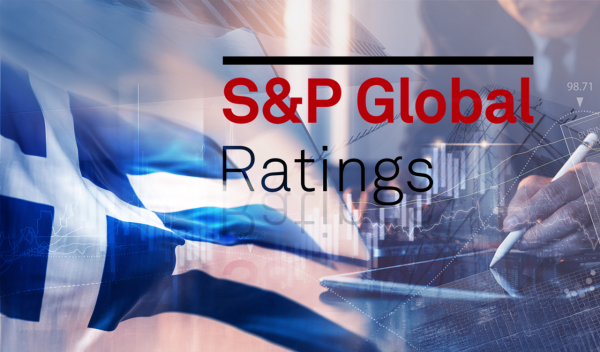
S&P Raises Greek Rating; BBB with Stable Outlook
S&P’s decision raises the Greek economy to the second notch of investment grade ladder, at BBB with a stable outlook.











![Πλημμύρες: Σημειώθηκαν σε επίπεδα ρεκόρ στην Ευρώπη το 2024 [γράφημα]](https://www.ot.gr/wp-content/uploads/2025/04/FLOOD_HUNGRY-90x90.jpg)


![Ξενοδοχεία: Μεγάλο το ενδιαφέρον για επενδύσεις στην Ελλάδα – Η θέση της Αθήνας [γραφήματα]](https://www.ot.gr/wp-content/uploads/2025/03/Athens-hotels-90x90.jpg)


![Airbnb: Πτωτικά κινήθηκε η ζήτηση τον Μάρτιο – Τι δείχνουν τα στοιχεία [γράφημα]](https://www.ot.gr/wp-content/uploads/2024/07/airbnb-gba8e58468_1280-1-90x90.jpg)








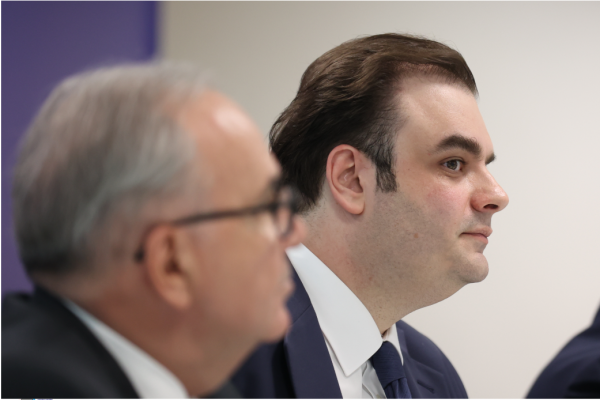

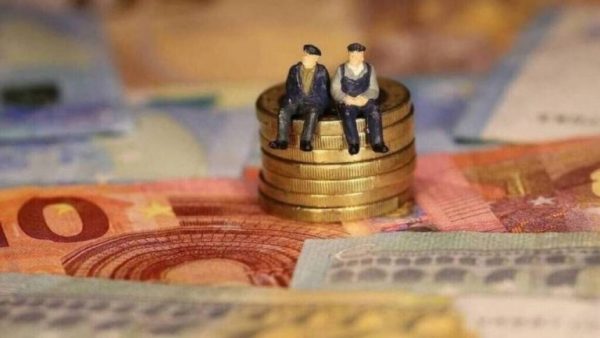
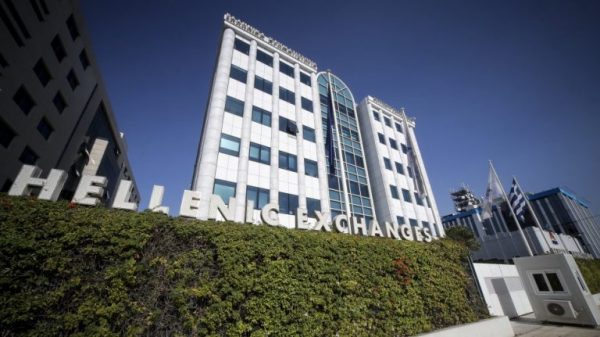












 Αριθμός Πιστοποίησης
Αριθμός Πιστοποίησης